Some innovations have been taking technology to the next level, or have potential to make a difference. Perhaps the best ones will inspire you as we look towards 2017, or offer a glimpse of what the future has in store.
This compilation is not intended as an exclusive list – but merely to give our readers an insight into what the industry has been doing. We welcome you to get in touch if there’s a project you think we should know about by emailing rachel.arthur@wrbm.com
Anheuser-Busch: ‘World’s first shipment by self-driving truck’
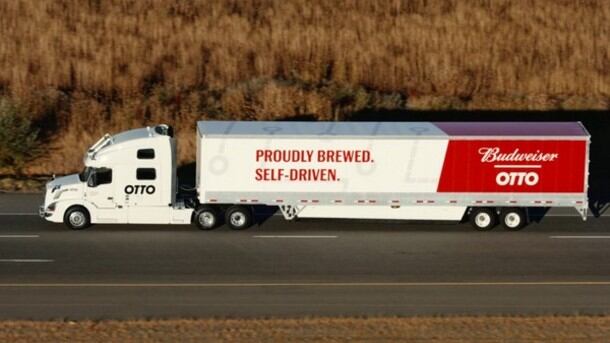
Self-driving trucks may seem like a futuristic concept, but Anheuser-Busch has shown that this technology is a lot closer than you might think. Along with Otto, a company concerned with ‘revolutionizing transport’, the brewer used a self-driving truck to haul a trailer of Budweiser across 120 miles / 193 km of interstate highway.
The truck completed the route entirely without driver intervention, although a driver was in the vehicle to monitor its journey along the I-25 in October.
But why are self-driving trucks of interest to Anheuser-Busch? Well, as the largest brewer in the US, it ships more than 1.2 million truckloads every year. That’s a lot of journeys and a lot of miles.
A self-driving truck would still require a human driver to help with pickup and loading, but the driver could rest on long stretches of highway, thus offering the potential to extend productive hours without compromising on safety, says Anheuser-Busch.
PepsiCo improves tuberculosis drug taste
One of the biggest challenges for today’s beverage manufacturers is to reduce the sugar content of beverages without negatively affecting the taste of the product. It’s an area of research that PepsiCo has been involved in for some time, but in October it announced it had spotted different potential for its expertise: tuberculosis treatments.
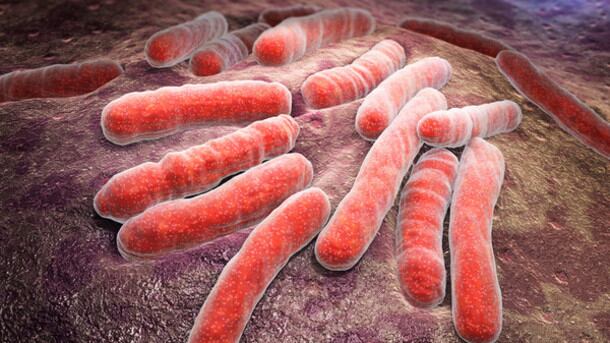
Tuberculosis is a bacterial infection that killed 1.8 million people and made 10.4 million ill in 2015. While drugs and treatments do exist, the bitter taste of drugs can result in low tolerance and poor compliance – particularly among children.
PepsiCo is using its flavor and sensory expertise to develop strategies that counter bitter tastes. The TB Alliance, a not-for-profit organization, will have free access to the results as it develops new drugs and treatments.
Transforming a by-product into a source of drinking water
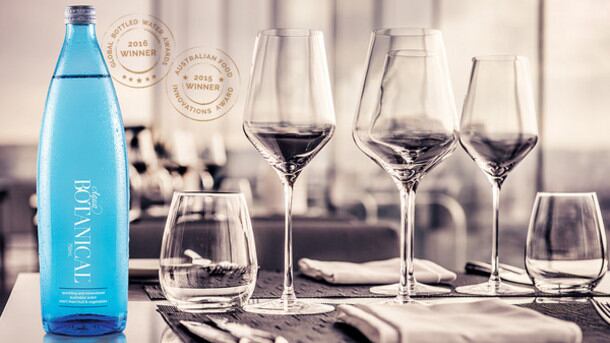
AquaBotanical is a bottled water brand sourced entirely from fruit and vegetables, and sold as a premium brand in Australia. It comes from water that would otherwise be wasted during the production of fruit juice concentrate.
But the technology’s potential is much greater: it could be used to unlock drinking water from sugar cane production in water-stressed India.
India holds 17.5% of the global population, yet only 4% of the world’s fresh water sources. Furthermore, existing supplies are declining in quantity and quality as pressure mounts from a growing population. Poor water sanitisation practices cause 37.7m people to fall ill annually, while diarrhoea alone causes the death of 1.5 million children a year.
Meanwhile, India is the world’s second largest sugar growing country. In sugar production, the aqueous fraction is not fit for consumption and is currently discarded. But Dr Bruce Kambouris, the founder of AquaBotanical, believes his technology could turn this wasted by-product into drinkable water. Because the plantations are distribution throughout the country, water derived from plantations would have a low carbon footprint and low distribution costs.
Robots that brew beer
In another entry that makes us look to the future in wonder, London-based company IntelligentX this year announced the ‘world’s first beer brewed by artificial intelligence’.
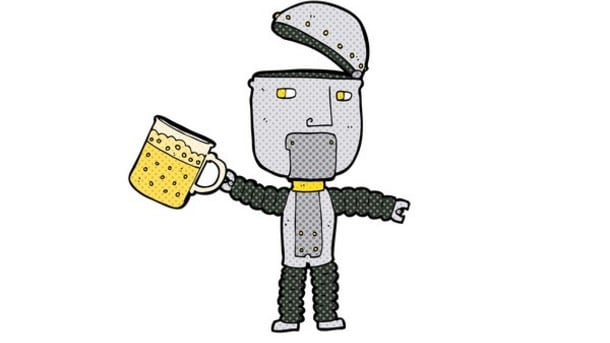
The AI – fondly named ‘Abi’ by its creators – takes reviews from beer drinkers and feeds them back into a brewing algorithm, with the results used in the creation of future batches.
One can imagine the collective indignant cry of brewers worldwide: “But creating beer is all about a brewer's craftsmanship!”
But in fact, IntelligentX co-founder Hew Leith agrees. He sees the role of AI as something that gives the brewer ‘superhuman skills’, putting the brewer in much closer contact with consumers and making the drinker an active participant in the creation of the next brew.
Next generation packaging
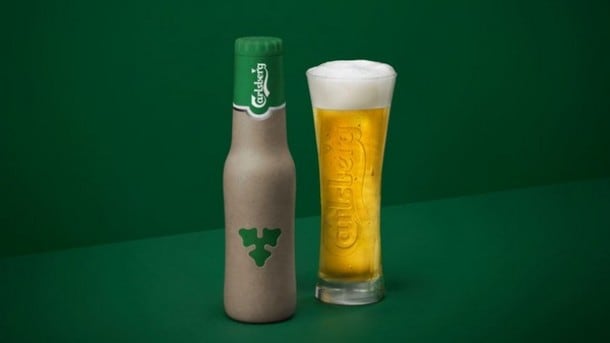
2016 has seen researchers make more leaps in their quest to challenge the fundamental materials we use in packaging.
Carlsberg unveiled a physical prototype and new design of its Green Fiber Bottle in September, as part of a three year project to develop a beer bottle made from sustainably sourced wood fiber. Carlsberg plans to launch the bottle in a test market in 2018.
Back in 2015, Coca-Cola unveiled its 100% plant material bottle (the next generation on from its 30% plant-based material bottle), although at the time said there was still some work to do before it reached a commercial scale. It will be interesting to hear how this project is evolving (we’ve asked Coca-Cola for an update...)
Turning its attention to six pack rings, Saltwater brewery in the US says it has created 100% biodegradable edible six-pack rings for beer. The packaging is made from barley and wheat ribbons spent grain from the brewing process, and the brewery say the rings can safely be eaten by sea life.
The factory of the future
What does the factory of the future look like? What will consumers and retailers demand from producers, and how will the whole supply chain need to change? Here are some of the points that have emerged this year:
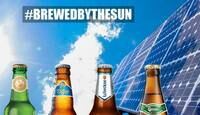
- Todays’ factories are focused on producing large quantities in bulk. Tomorrow’s factories will be smaller but far more agile: reflecting the overarching consumer trends of personalization and customization.
- Coca-Cola Enterprises has seen a ‘real shift towards collaboration’ with companies sharing intellectual property to advance their sector, rather than just retaining knowledge within their own companies. This could become increasingly important in sustainability projects.
- Talking of sustainability: Heineken has presented its Göss Brewery - the ‘first large scale zero carbon brewery in the world’ – this year, while it also sells a portfolio brand under the strapline ‘Brewed by the Sun’ (referring to the solar energy used at the facilities).
- Big data and the internet of things will continue to change the way factories operate, providing real time information, visibility and communication throughout the supply chain. Other technologies such as virtual reality, robots, and smart factory systems are all part of the future too – and the present.
